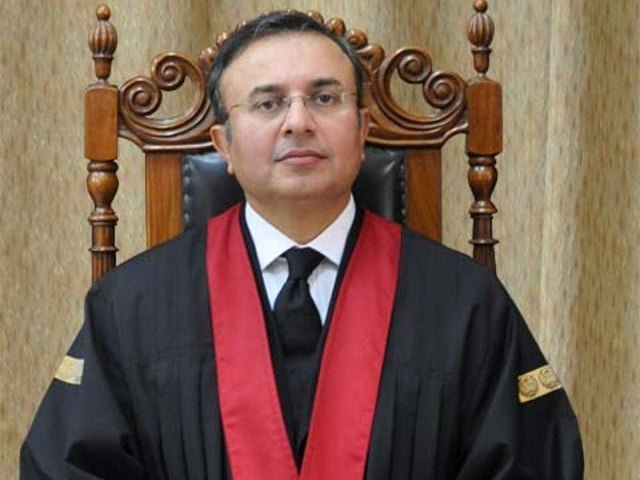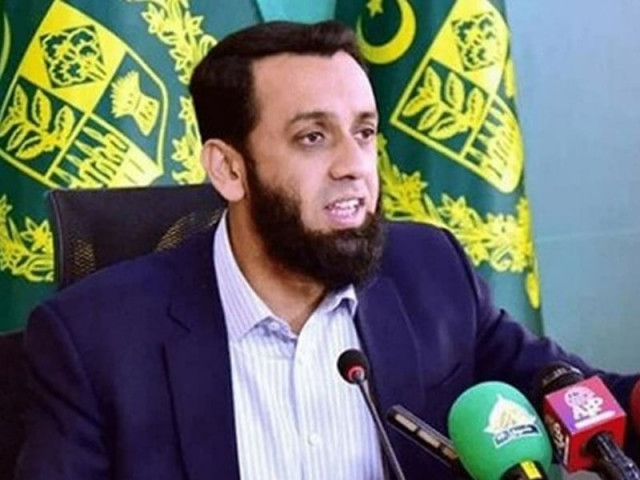Navigating Constitutional Challenges in Pakistan’s Judiciary: A Look at Recent Developments
Pakistan’s judicial landscape has recently become a focal point of intense debate, particularly surrounding the nomination of Justice Sardar Sarfraz Dogar as the Chief Justice of the Islamabad High Court (IHC). The decision was approved by a narrow margin, but it has sparked significant concerns regarding the constitutional implications related to judges’ seniority within the IHC.
Justice Syed Mansoor Ali Shah voiced his apprehensions days before the Judicial Commission of Pakistan (JCP) met to discuss the nomination. He pointed to a presidential notification that had established seniority among judges without proper consultation, as mandated by the Constitution. His letter clearly stated, "It appears that this action was taken without the constitutionally mandated consultation…" This comment underscores the importance of transparency and adherence to constitutional protocol in judicial appointments.
The heart of Justice Shah’s argument lies in Article 200 of the Constitution, which dictates how judges should be transferred. He highlighted that these transfers should not be treated as permanent reassignments for seniority purposes, raising questions about the legality of the current process. It’s apparent that rushing this decision could jeopardize the foundational principles of judicial independence and the separation of powers.
Moreover, Justice Shah called for a delay in further appointments until these complex constitutional issues are worked out. His plea for caution reflects a broader concern among members of the judiciary about preserving the integrity of the legal system in Pakistan. As citizens, we should be aware of how these developments affect public trust in the judicial system and rule of law.
As the situation unfolds, the eyes of the legal community are on a constitutional bench committee to schedule a hearing concerning related appeals by five IHC judges. These appeals challenge the transfer decisions that could have lasting impacts on judicial efficacy.
For anyone invested in the dynamics of justice and governance, it’s a crucial time to engage with these issues. Understanding the constitutional framework and its implications helps us better grasp the complexities of governance within our nation. If you’re looking to stay informed or explore these topics further, organizations like Pro21st provide valuable insights and resources to deepen our understanding of such important matters.
At Pro21st, we believe in sharing updates that matter.
Stay connected for more real conversations, fresh insights, and 21st-century perspectives.





